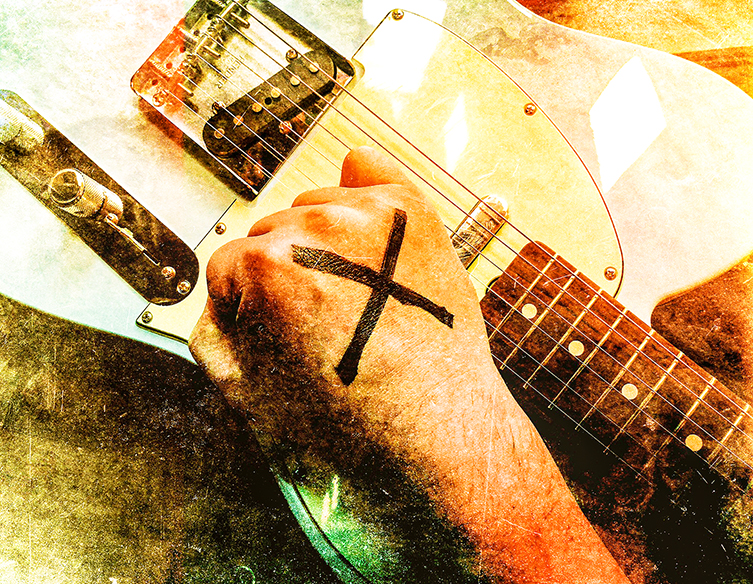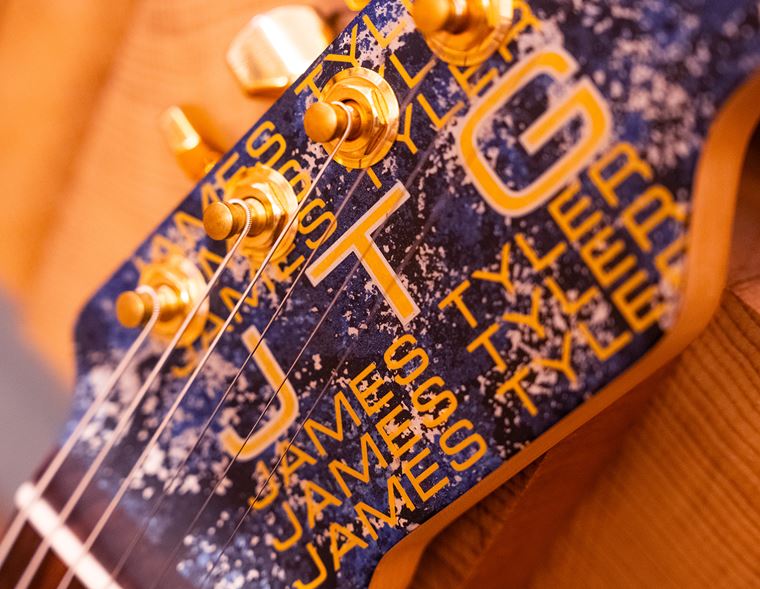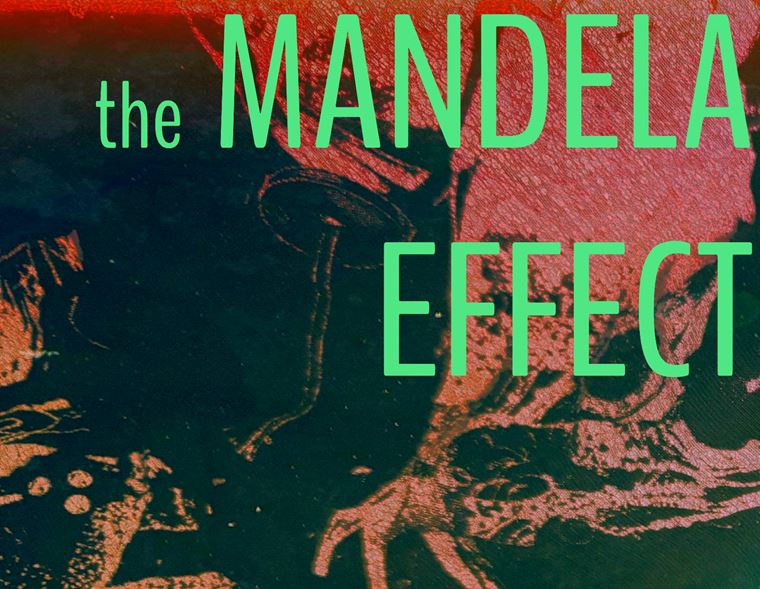9 Sober Musicians
Published on 28 November 2024
Hellraising and rock n roll go hand in hand, like strawberries and cream, fish and chips and guns and roses. Ever since Keef was elegantly wasted and Jim Morrison got his drink on and turned into the Lizard King, there has been a romanticised expectation that you need to be on the edge of sobriety if you’re a real rock star. In fact, there is an expectation of hedonistic behaviour from music fans, almost as an encouragement from the sidelines, from those whose own circumstances oblige them to be more responsible. The 27 Club is filled mainly by musicians who either didn’t know when to stop or just flat-out couldn’t, thanks to addiction and a culture that encourages it.

But, as one famous ex-hellraiser once sang, ‘the times, they are a-changing’. It’s no longer a prerequisite for a career in rock to include some invisible pact with the devil that ensures one’s early exit thanks to booze or drugs. Musicians are realising that, to quote Tom Waits, ‘you don’t have to be a murderer to write a crime novel’. Suffering for your art doesn’t make your art any better, and living the dreams of other people is not the key to happiness.
Here’s a list of inspiring musicians who have managed to kick the bad stuff and are now living their best lives…
The List at a Glance
Jason Isbell
The current reigning champion of alternative country, Jason Isbell is a clean-living guy, but it wasn’t always the case. The ex-Drive By Trucker at one point was so in thrall to Jack Daniel’s and cocaine that his manager, his friends and future wife had to initiate an intervention and get him to rehab.
Many creative people, Isbell included, sometimes worry that the addiction is key to their creativity, but he’s learned otherwise:
“You romanticise the addiction and say, ‘Well, Hemingway,’ But that’s just the addicted part of your brain. When I started writing a song after getting sober, I realised I wasn’t really afraid of losing my creativity. I was just trying to have another drink.”
Since getting sober, he has referenced it frequently in his music, beginning with his Grammy award-winning Southeastern album. It seems to be working for him, and he understands artistically why that might be:
“When I got sober, I was able to pay attention to the world more, and awareness is the most important tool for any creative person. When you’re working so hard to numb your brain, very often you throw the baby out with the bathwater. You miss things that you really needed when you sat down to write that song.”
James Hetfield
The Metallica frontman bravely put his recovery from alcohol addiction front-and-centre in the band’s feature length documentary Some Kind of Monster. Some would say that this movie actually showed more than was wise, but this was possibly more about hyperactive drummer Lars’ Ulrich’s unintentionally hilarious behaviour than James’ issues.
As a band, Metallica were successful at an early age, and Hetfield was treated as rock royalty whilst in his early 20s. Whilst obviously a privilege, his story is proof that getting everything you ever wanted can be a huge problem too.
Hetfield has successfully stayed off the sauce since entering rehab in 2004, with only one relapse in 2019. He even has a straight edge tattoo to represent his ‘reborn’ status:
“And I don't need drink or drugs. That's straight edge life. Obviously I'm not straight edge – a true, hardcore straight edge has never had any of it in his or her whole life. But I'm a reborn straight edge.”
Speaking of which…
Straight Edge Movement
The entire Straight Edge movement is about refraining from alcohol, drugs and even tobacco. The movement came from the early 80s hardcore punk scene, and in particular from the Minor Threat song ‘Straight Edge’, (Ian Mackaye is an influential figurehead of the hardcore punk scene) which not only gave the scene a name but described its early ethos with lyrics like this:
“I'm a person just like you
But I've got better things to do
Than sit around and smoke dope
Because I know that I can cope
Laugh at the thought of eating ludes
Laugh at the thought of sniffing glue
Always gonna keep in touch
Never want to use a crutch
I've got the straight edge”
The Straight Edge movement goes even further than drugs, drink and ciggies, though: as a reaction to some of punk culture’s excesses, some straight edge adherents eat vegetarian/vegan diets, abstain from promiscuity and even refrain from caffeine and prescription drugs. Advocation for animal rights is also strong, as is a sense of social awareness for the safety of women and young people at gigs.
The defining symbol of the movement is an X, often drawn or tattooed onto the hands of adherents.
The whole ideology is about rebellion through self-control, though some have taken it too far and a ‘hate edge’ counter scene has emerged in places like Russia, with a distinctly neo-Nazi flavour.
Tom Waits
Tom Waits pretty much made an entire career out of being a booze-sipping barfly (the break between performer and persona was never very clear), so if he can ditch the drink, anybody can!
In fact, Waits’ sobriety coincided with the making of some of hismost adventurous, risky and flat-out bonkers music. His first sober album was the excellently creative Bone Machine, followed by a series of collaborations with theatre visionary Robert Wilson, so if anything, Waits creativity only increased upon becoming sober.
Stevie Nicks
The Fleetwood Mac icon has inspired generations with not only her art but her recovery story. Realising that nobody could save her better than herself, she checked into the Betty Ford Clinic to break a decades’ long addiction to cocaine:
"I got through some pretty scary moments. But I saved me. Nobody else saved me. I survived me. I survived my cocaine. I survived it myself.”
Nicks also suffered from an addiction to Klonopin, which she beat through another rehab stint in 1993.
Henry Rollins
Ex-Black Flag frontman Henry Rollins’ story isn’t one of recovery but a lifetime’s abstinence. He doesn’t drink, he doesn’t smoke, and he has no time for drugs.
“I never did drugs, really,” he told Rolling Stone. “I tried acid a few times, smoked marijuana once. I just never liked any of it. I would’ve rather drank a litre of paint.”
He does love coffee though, so any potential Straight Edge credentials fly straight out the window!
Trent Reznor
Throughout the 90s, Nine Inch Nails supremo Trent Reznor was the poster boy for misanthropic, angst-ridden tortured artists. Away from the public, though, his life was a complicated mess of drugs and alcohol. Hitting rock bottom in New Orleans in the late 90s (after years spent uncomfortably in the limelight), the death of a friend at a young age propelled Reznor to use the man’s memory as a motivator to finally get clean and sober, which he did in 2001.
“I happened to turn my head, and the TV was on, and I saw his truck. Someone had executed him. Shot him in the head in the projects. I was so fucked up I couldn’t go to the funeral. And that seemed to be what it took for me to say, ‘Not for me, for him.”
Julien Baker
An extraordinary solo artist and one third of Boygenuis, Julien Baker is an artist to whom authenticity seems paramount to her work. A desire to suppress or switch off her own thoughts as much as possible led Baker to addiction problems early in life.
“I felt like the world was too big to grasp and thoughts were too bleak, they were too much and I was so sensitive… but I wanted that extremity to just be dulled.”
Already a person of faith, Baker used that to help her away from the void, as it were, and to understand her capabilities, and the potential there in her life. Songs like ‘Happy to Be Here’ address elements of this, such as going to group therapy and making conscious decisions to heal.
Johnny Marr
Smiths guitarist Johnny Marr sees no downsides to being sober, something he’s been for around 20 years. He has a pretty clear perspective on the reality of the situation:
“The paradigm in rock that sobriety equates to conservative is very out of date. If you’ve got artistic tendencies, ideas and talent, eventually you get to the place with booze and drugs where you become the opposite.”
Tasking up long-distance running seems to have been key to Marr’s upward trajectory of fitness, and a keen understanding that seeking distractions is a great way of not achieving things:
“Boredom is the main wellspring of creativity. If you obliterate that, you’re denying yourself a great opportunity. My music and my life would have been much slower-tempo if I hadn’t gotten sober.”
It’s Only Rock ‘n’ Roll
These are just some stories from respected pros who have successfully battled addiction. Being sober is a life-changing experience, and it demonstrably doesn’t mean that your songs automatically turn bad. In fact, to some of the musicians on today’s list, it seems that their post-addiction songs are often the best they’ve created. Most confirm that the creativity itself is not even a factor as much as the mental struggles and physical hurdles that accompany substance addiction.
It’s all about taking small steps and doing what makes you comfortable. It’s about surrounding yourself with supportive people who don’t require the ‘drunk you’, and it’s about realising that you are worth the effort.
After all, it’s only rock ‘n’ roll!












